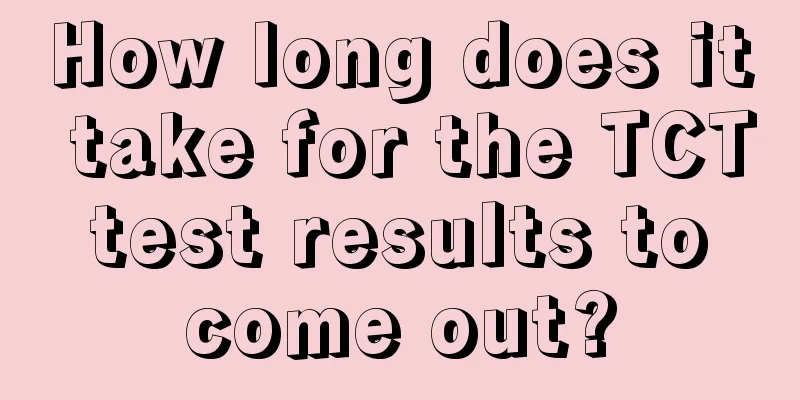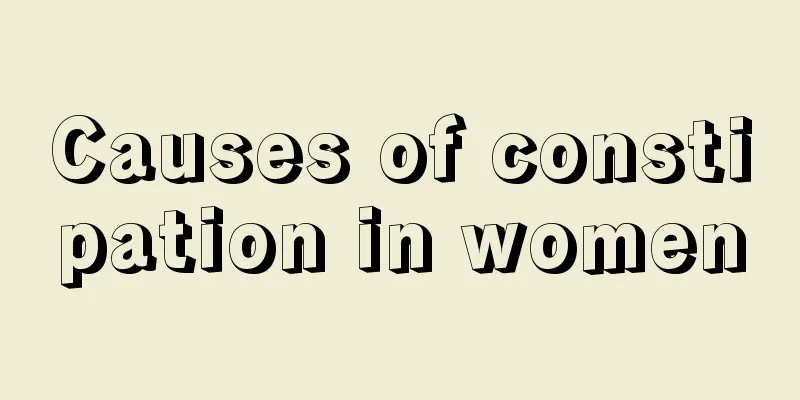Will women age faster after having a vasectomy?

|
Most of the sterilization we have heard about in the past was applied to men, but in fact this operation can also be applied to women. Through such an operation, couples can effectively help with contraception. But does this surgery have any negative effects on women? After vasectomy, the secretion of female hormones will be affected. Will this cause women to age faster?
Under normal circumstances, if you want to conceive, sperm must first swim desperately to the fallopian tube to combine with the egg. Female sterilization is equivalent to blocking the channel for sperm and egg to "meet" - the fallopian tube, thereby preventing them from meeting and achieving the purpose of contraception. After getting a vasectomy, many people are curious: After vasectomy, women still ovulate every month. Will these blocked eggs gather more and more? Will the sperm in a woman's body swim around in her body if they can't find the egg? This is a bit of an over-concern. The vitality of sperm and eggs is not as strong as you think. If the temperature is slightly higher, sperm will lose its vitality. The only way for sperm to survive in a woman's body is to combine with the egg to form a fertilized egg. But if a woman has a vasectomy, the sperm cannot meet the egg and they will lose their vitality after 2 to 3 days. Similarly, after the egg is released, if it does not meet the sperm, it will die due to "loneliness" after 2 to 3 days and then be dissolved and absorbed by itself. Therefore, these are all normal tissue functions and have no adverse effects on the body.
Many people know that after getting a vasectomy, they no longer have to go through the hassle of using contraception. But in reality, few people take the initiative to do it. Among them, a big reason is the worry about the sequelae after vasectomy. There have also been some claims circulating on the Internet: female vasectomy will lead to increased menstrual flow, ovarian degeneration, aging, and more gynecological diseases after vasectomy.Many people are discouraged by this, but in fact, these claims are not reliable. First, a vasectomy ties the fallopian tubes, not the uterus or ovaries. The increase in menstrual volume is mainly related to ovarian function and uterine diseases, and has nothing to do with the fallopian tubes, so ligation has no effect on menstruation at all. Secondly, vasectomy will not affect the hormone secretion of the ovaries because it does not involve surgery on the ovaries. Finally, tubal ligation does not increase the incidence of so-called gynecological diseases. On the contrary, if done successfully, it can also reduce the incidence of acute pelvic inflammatory disease, fallopian tube and ovarian abscess and endometriosis. |
<<: What causes female hand tremors?
Recommend
How much do you know about lactose intolerance?
This is the 4802nd article of Da Yi Xiao Hu Situa...
What to do if the endometrium is thin after miscarriage
Abortion is often a last resort. In fact, it caus...
Premenstrual fever
Menstruation can affect women's physical heal...
What is the reason for the bloody coffee color of vaginal discharge?
Not paying attention to hygiene habits is the eas...
Vaginitis bleeding in pregnant women
Vaginal bleeding in pregnant women may be related...
How to unclog a nipple
If the nipple is blocked, milk cannot be secreted...
How long can you live with papillary carcinoma?
When it comes to cancer, everyone will have a fea...
How does eclampsia affect the baby?
Eclampsia often occurs in the late stages of preg...
What should I do if there is an odor during my period?
I believe everyone knows the importance of menstr...
Picture of a painful swelling on the vulva
The private part is a very sensitive part of the ...
Introduction to the normal position of the uterus
The uterus is the place where female friends give...
Counterpoint: Smartphone ODM/IDH shipments to drop 5% in 2022
According to the latest report from Counterpoint,...
How to maintain after having abortion
When women become pregnant before they are ready ...
What is the fetal development at seven months of pregnancy?
Pregnancy is a happy thing, a new life is about t...
Li Yanhu, chief physician of the Institute of Sports Medicine of the General Administration of Sport of China: Spinal health starts with correct posture
Why should we pay attention to spinal health? Wha...









